The Neckarwestheim nuclear power plant in Germany.
After offering a small shred of hope that it might be persuaded to keep its remaining power reactors in operation a bit longer to reduce its dependence on Russia for energy, Germany has opted to continue with its nuclear phaseout. The last three operating German reactors, Neckarwestheim-2, Isar-2, and Emsland, are slated for shutdown later this year.
(Source: Peter Schrank/The Economist)
“Where nuclear power was once a source of unity for Europe, today it is a source of discord.” So states The Economist’s October 30 “Charlemagne” column—a regular source of commentary on European politics in the weekly publication—before deftly dissecting nuclear power’s continental divide and picking a winner.
The Brokdorf nuclear plant, located in Germany’s Schleswig-Holstein region on the Elbe river, is scheduled to close later this year. (Photo: Alois Staudacher, CC BY-SA 3.0)
In an open letter published last week in Welt, 25 leading German and foreign academics, environmentalists, and journalists attempt to convince the German people that continuing with their nation’s phase-out of nuclear power is not a good idea, and certainly not a green one.
The headframe and buildings at the Gorleben salt dome in Germany. (Photo: Wikimedia Commons)
The German government has announced that it is closing the Gorleben salt mine in the Wendland region of Lower Saxony, officially removing the site from consideration as a repository for radioactive waste. Gorleben became a target of antinuclear protests after being proposed as a potential repository in the 1970s.
This still image from “The Green Atom” highlights how Germany’s decision to shut down its nuclear plants has resulted in electricity that is twice as expensive as in neighboring France. (Source: Kite and Key)
“You know what power source is more dangerous than nuclear? Literally, all of them. When you add up industrial accidents and the effects of pollution, nuclear is safer than coal or petroleum or natural gas.”
Using Framatome’s technology, Germany’s VIRERO project is developing a robotic system for sorting and packaging radioactive waste. (Photo: Framatome)
Paving the way for increased automation in nuclear decontamination and decommissioning and waste management, French nuclear company Framatome announced that testing has confirmed the operation of its robotic systems for handling and sorting high-dose waste components.
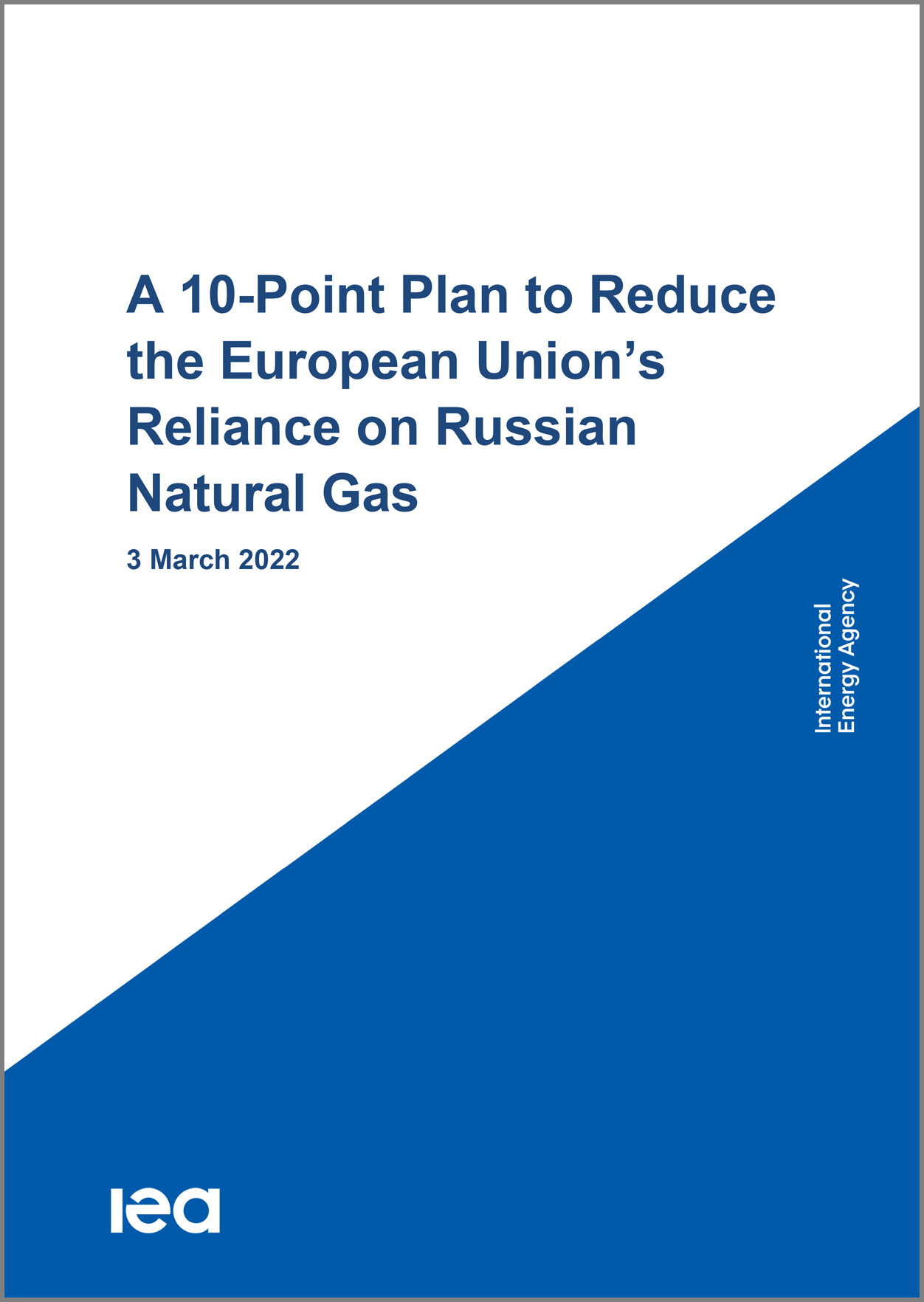 The European Union could reduce imports of Russian natural gas by more than a third within a year through a combination of measures that would support energy security and affordability and would be consistent with the European Green Deal, according to a new report from the International Energy Agency.
The European Union could reduce imports of Russian natural gas by more than a third within a year through a combination of measures that would support energy security and affordability and would be consistent with the European Green Deal, according to a new report from the International Energy Agency.

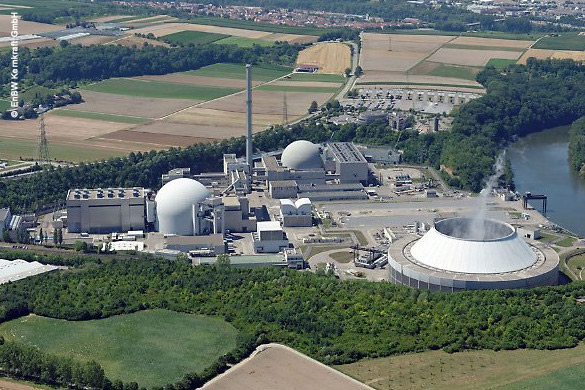

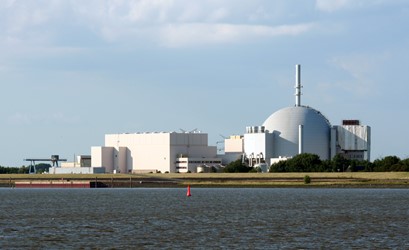
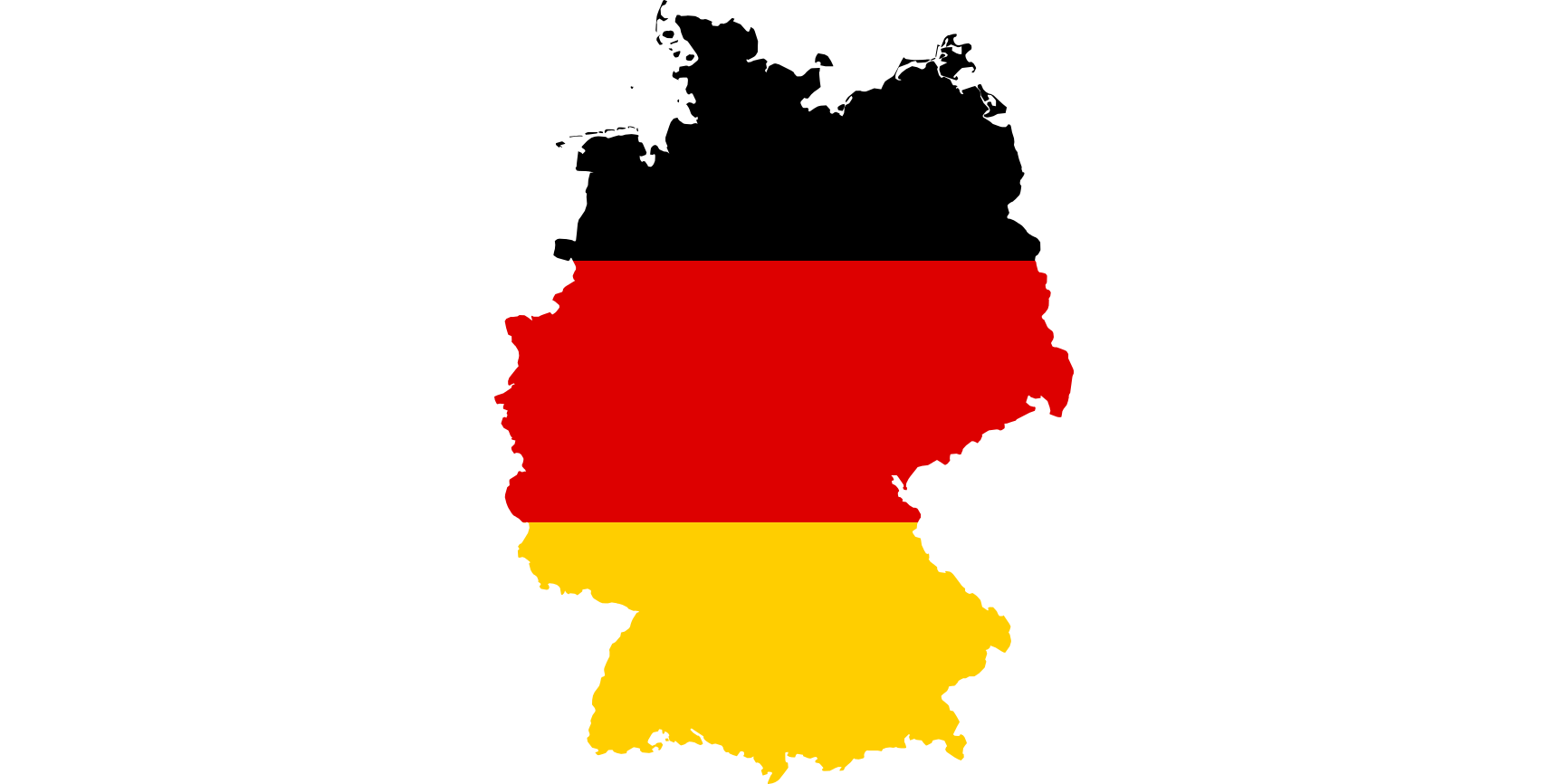
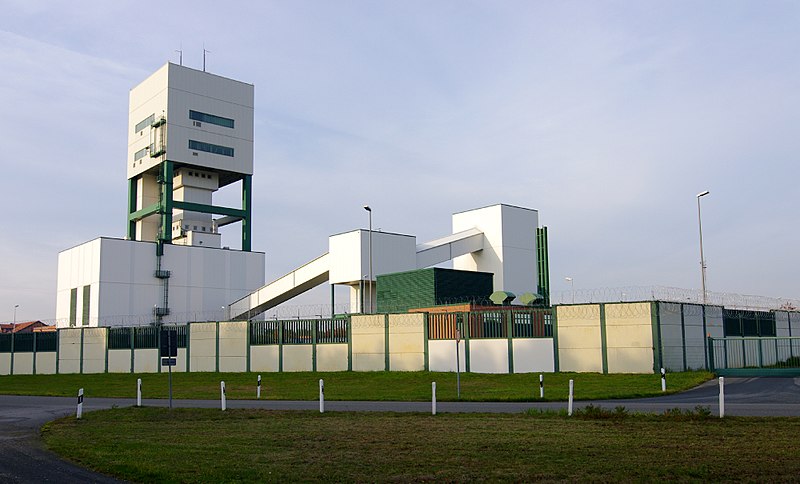
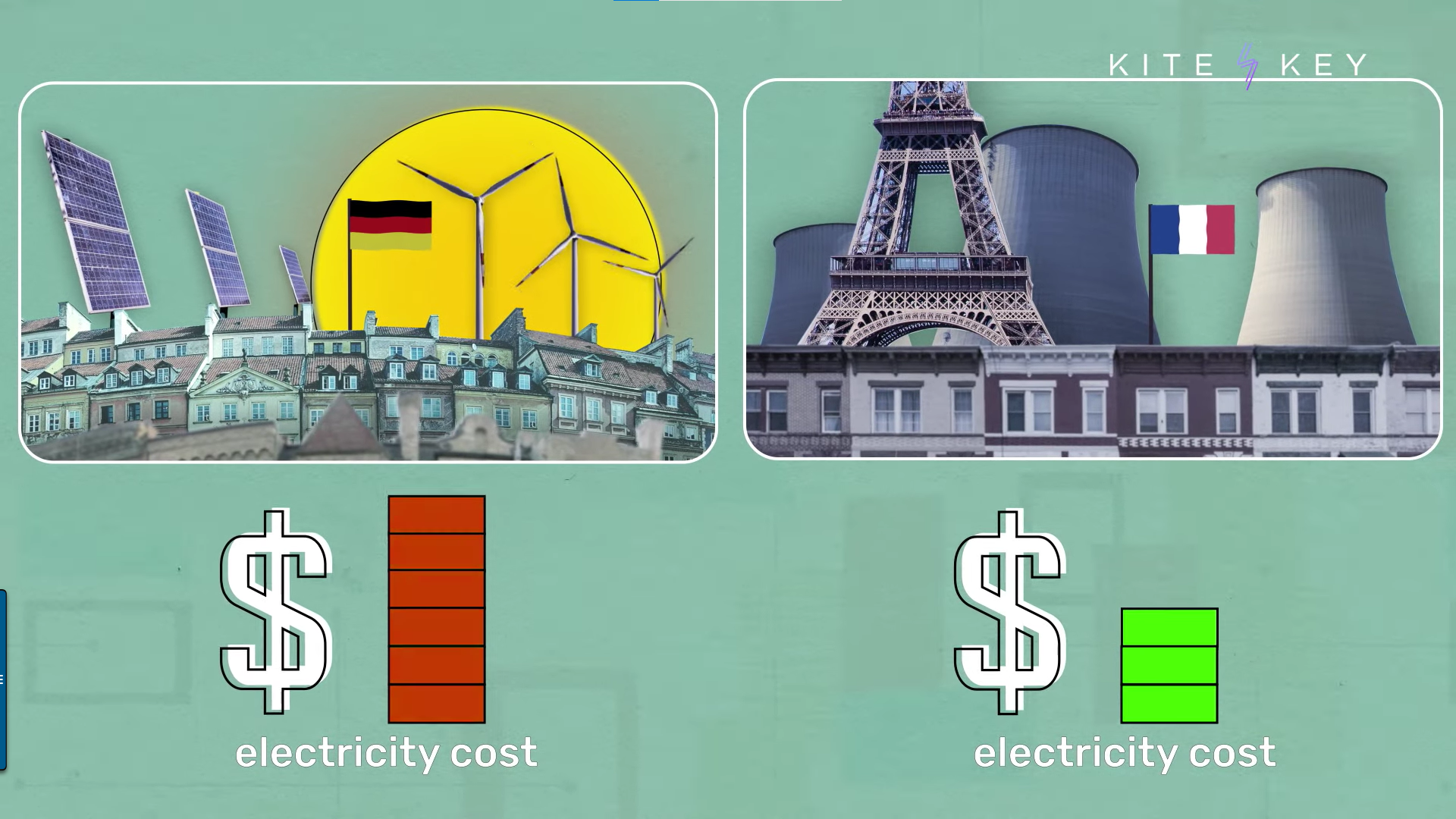
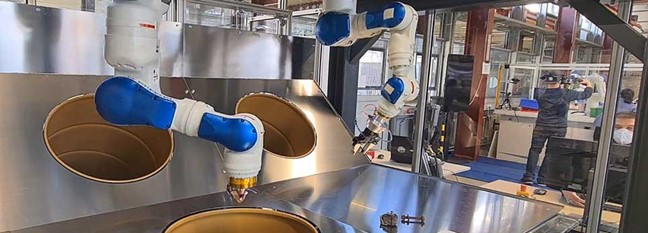
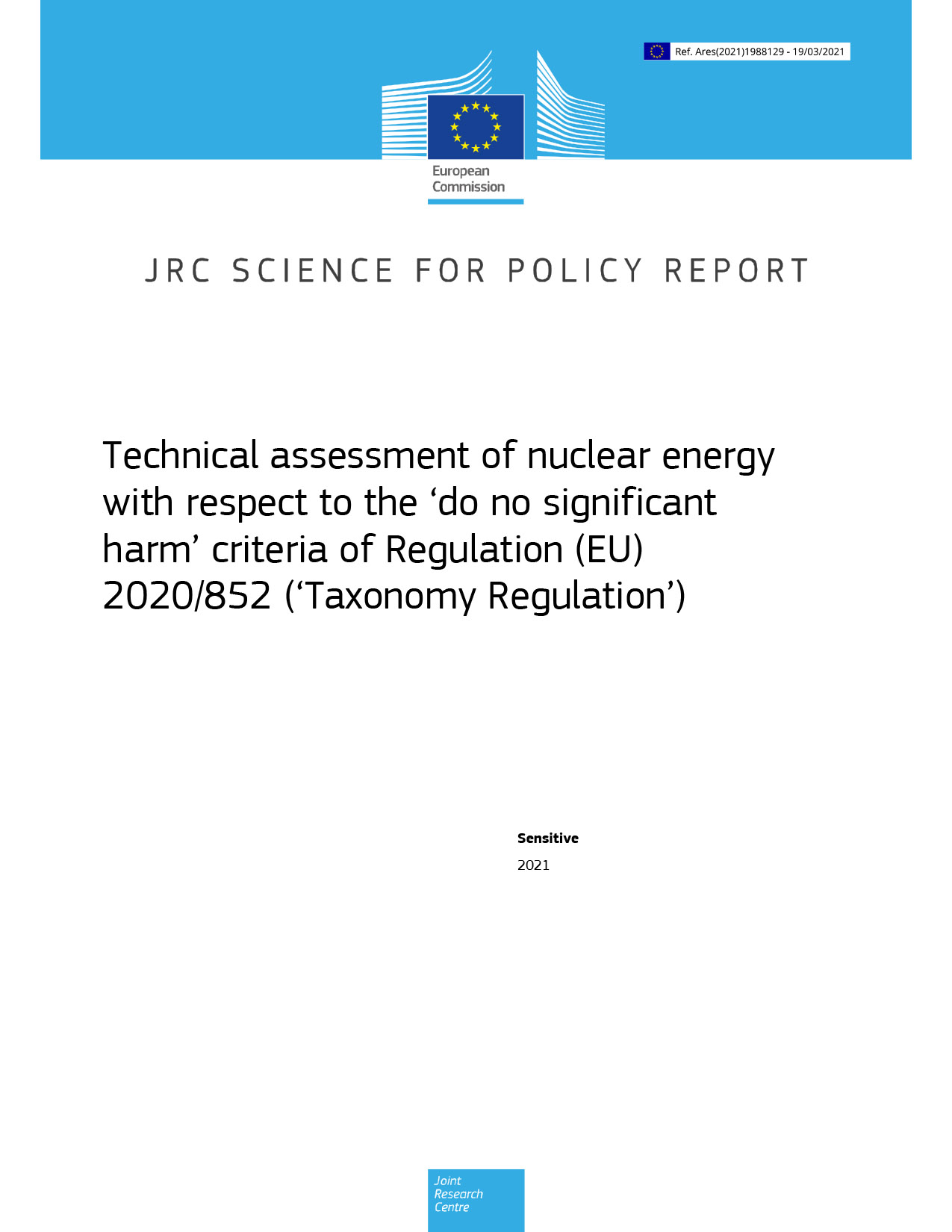 Within the European Union, recognizing nuclear energy as green, sustainable, and worthy of investment depends on nuclear being added to the EU taxonomy of “sustainable investments that have been found to ‘do no significant harm’ to human health and to the environment.” The EU will issue a final taxonomy this year, and a decision to include nuclear power—which was excluded from a draft released in late 2020—could raise prospects for public and private nuclear investments both inside and outside the EU.
Within the European Union, recognizing nuclear energy as green, sustainable, and worthy of investment depends on nuclear being added to the EU taxonomy of “sustainable investments that have been found to ‘do no significant harm’ to human health and to the environment.” The EU will issue a final taxonomy this year, and a decision to include nuclear power—which was excluded from a draft released in late 2020—could raise prospects for public and private nuclear investments both inside and outside the EU.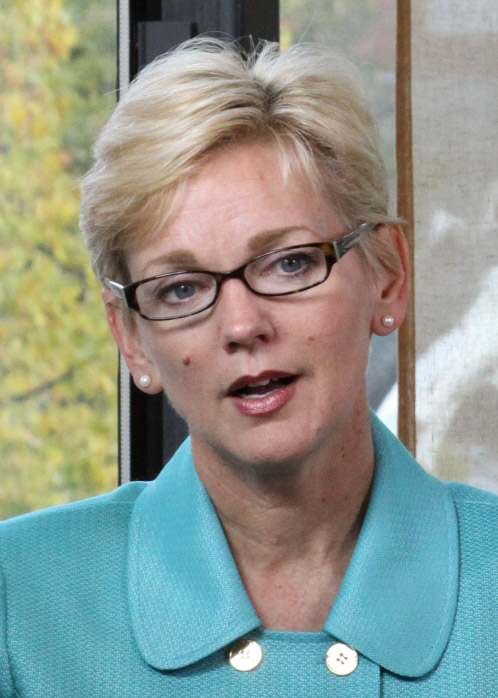
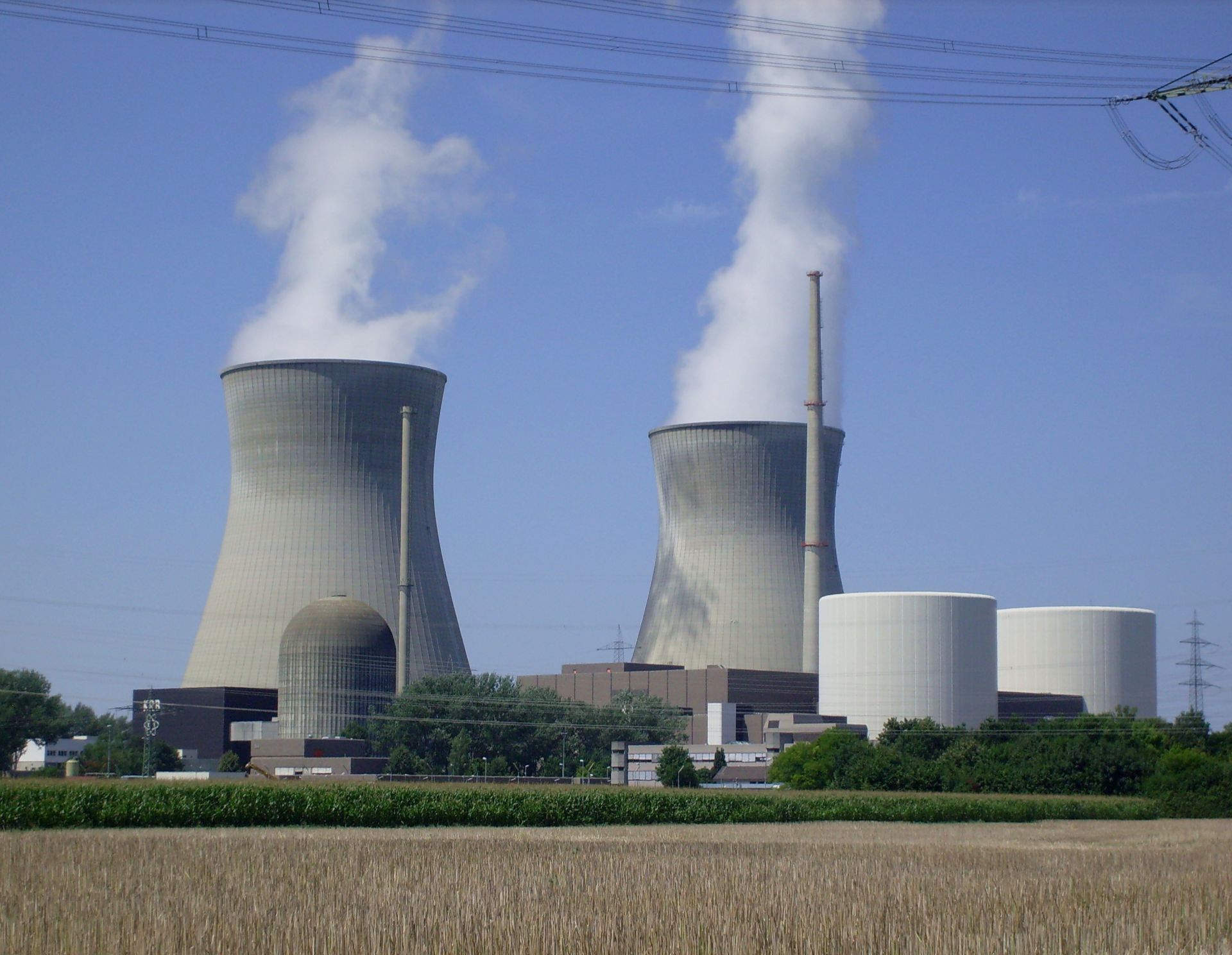
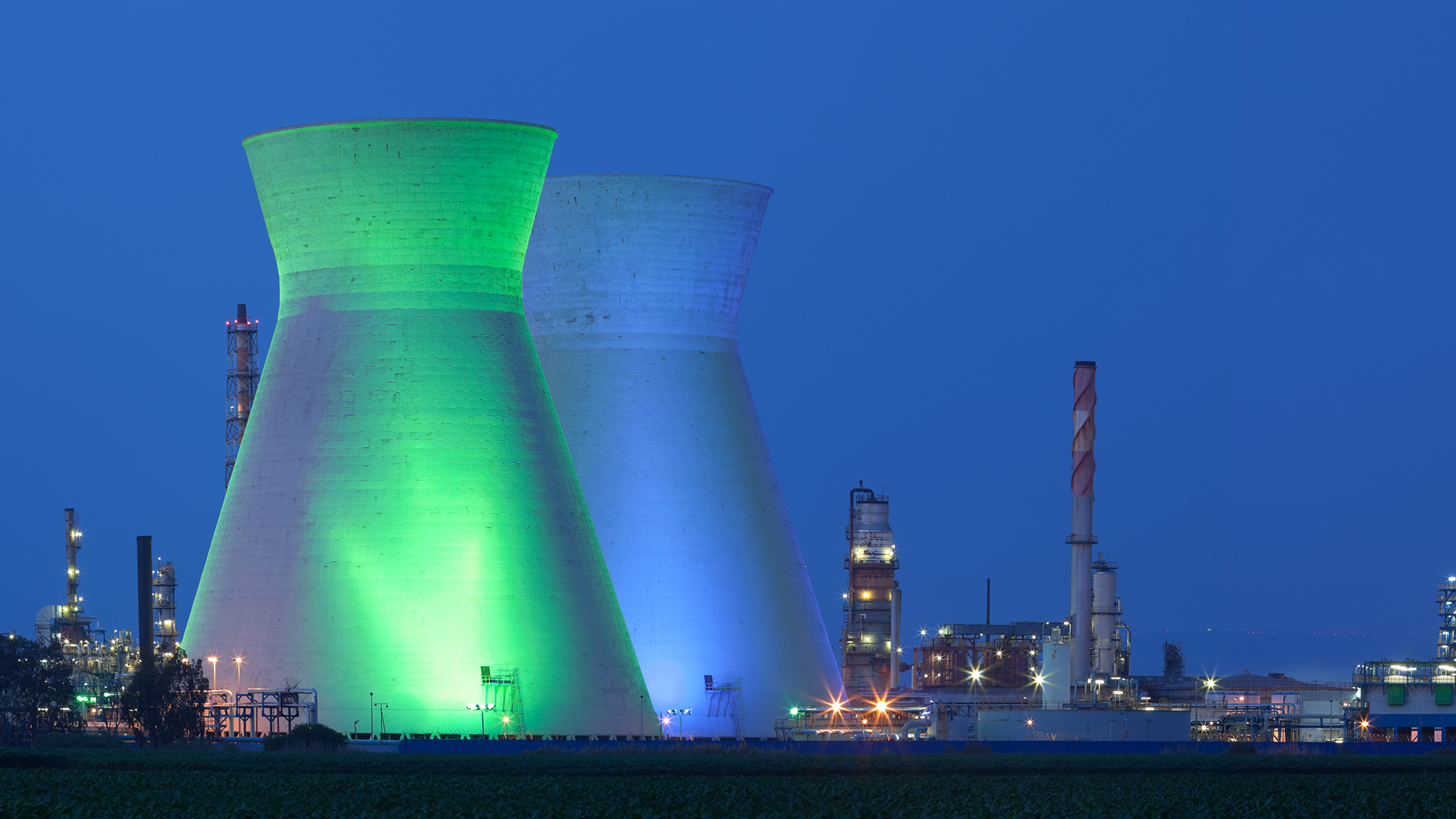 Nuclear power is an important component in the fight against climate change, but independent regulation is needed to gain the public’s---and governments'---trust, according to a March 6 article in The Economist, “
Nuclear power is an important component in the fight against climate change, but independent regulation is needed to gain the public’s---and governments'---trust, according to a March 6 article in The Economist, “